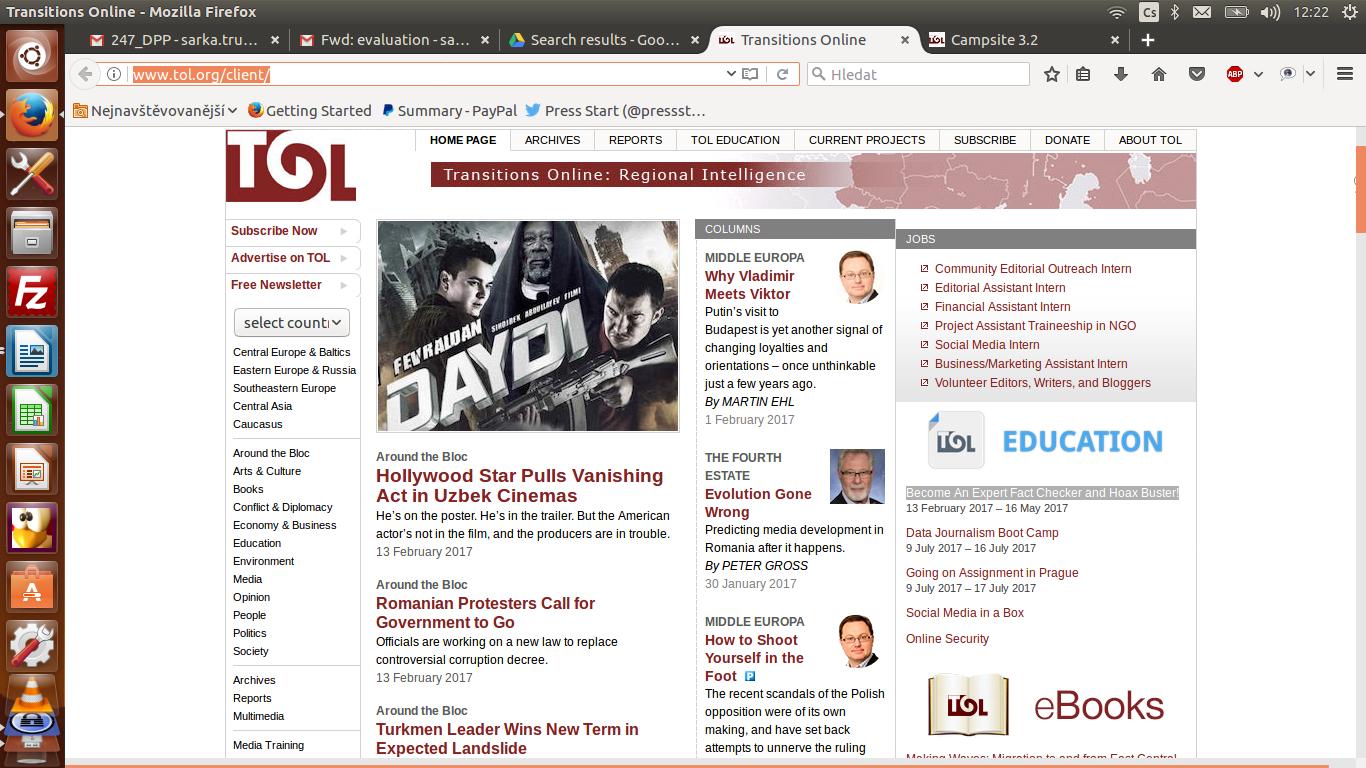
Around the Bloc: Hungary to Lock Down All Migrants
Unwanted arrivals will be unable to leave their ‘shelters’ under plan by Orban government.
More...We kindly inform you that, as long as the subject affiliation of our 300.000+ articles is in progress, you might get unsufficient or no results on your third level or second level search. In this case, please broaden your search criteria.

Unwanted arrivals will be unable to leave their ‘shelters’ under plan by Orban government.
More...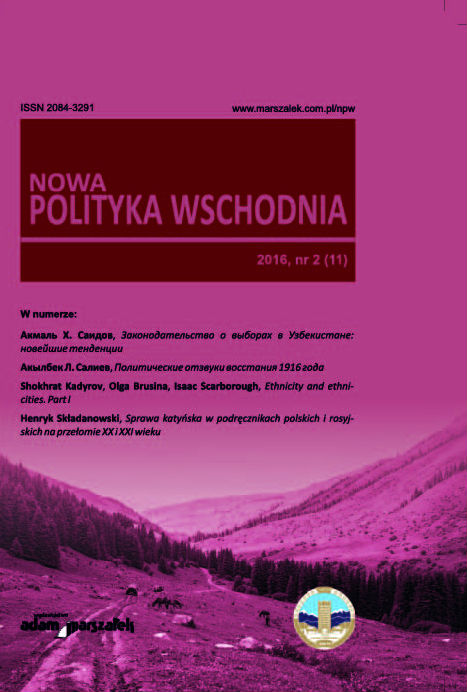
In my article I suggest two models of social participation which can positively influenceon the process of building the civil society in Ukraine, especially in thearea of local government. I want to consider two types of the participatory budgeting,first comes from Porto Allegre in Brazil and the second one from Lodz inPoland. The first model, 27 years old, is the example of representative democracyand is characterized by hierarchical structure. On the other hand, we have differentmodel which is the representative of participatory democracy without anygradation. In this area of research I’m going to choice the best proposition whichfit in the process of political transition on Ukraine.
More...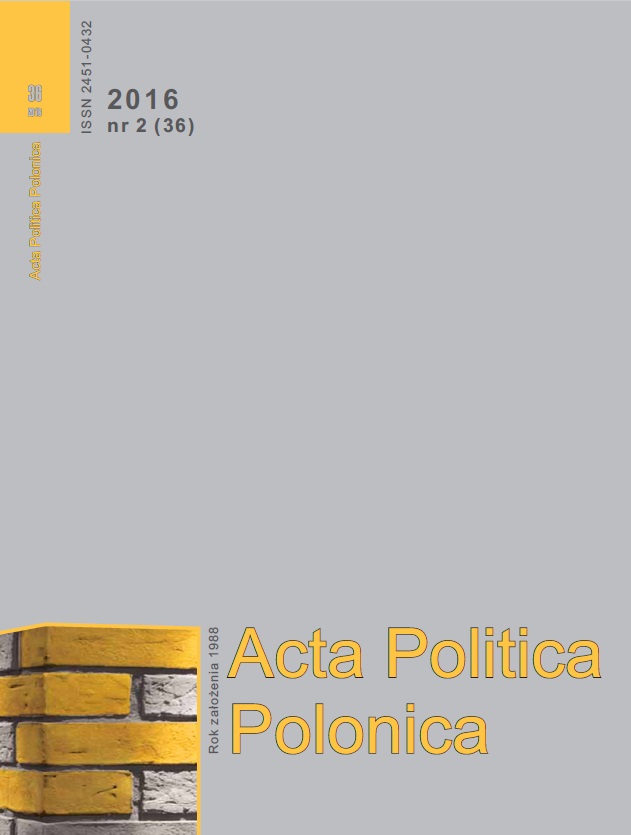
The analysis is about the extent of public participation in the Act of 9 October 2015. Revitalization which aims is preventing the degradation of areas with a high concentration of negative social phenomena such as unemployment, poverty, crime, poor education or social capital, as well as insufficient level of participation in public and cultural life. One of the first municipalities, which have already started to use this bill is the city of Lodz hhere the Council of 10 February 2016. adopted a resolution on the appointment of a degraded area and the area of revitalization of the city of Lodz. And it was mainly her example has been assessed for the new regulation. Analysis of available data shows that the actual number of entities involved in determining the degraded area and revitalization is definitely not representative. Using the new legal instruments should take care of it, not to limit itself to formally meet the statutory requirements allowing to take legal action, but to use them in accordance with the intentions of the designers.
More...
The problem of low participation in elections in Poland is observed in many years. The most visible is lack of participation in the elections to councils of auxiliary units, especially in big cities. The article describes four different ways to improve participation in polish metropolises (Gdańsk, Kraków, Poznań, Wrocław). Paper characterized and evaluated various concepts have been implemented to increase participation of citizens in functioning of auxiliary units.
More...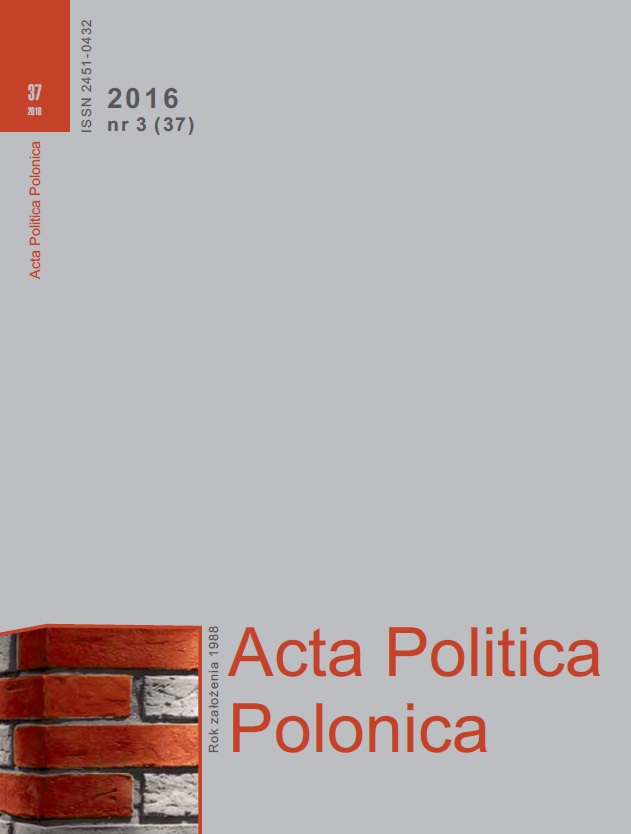
The article contains a handful of reflections on the concept of limiting the term of office of mayors and city presidents in the context of the weakness of civil society in Poland . Serious arguments about the deformation of the system of local government cited by supporters of restricting the permissible term of office collide with the conviction of opponents of change, who plead on the fundamental values that underlie self-government and constitutional freedoms. All of these arguments ignore the significance of the activity of the local community, which normally fills the role of the regulator in the system of local government.
More...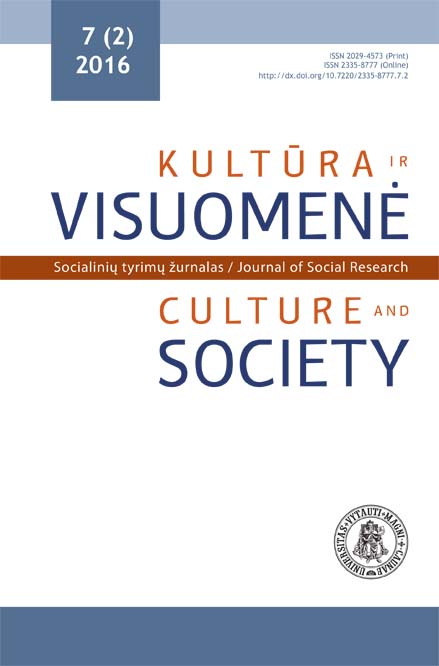
According to the normative theory of democracy, information disseminated by mass media ought to provide a minimal level of political knowledge. The focus of this paper is the impact of the use of traditional mass media and the Internet on political participation. Drawing on the surveys conducted in Lithuania in 2005 and 2010, the paper concludes that the Internet has not caused a radical change in the use of traditional mass media. Political knowledge in Lithuania depends on the level of public interest in criminals, gender and education. Political knowledge is an intervening variable between frequency of listening to the radio programmes and participation in elections as well as being charitable, i. e. donating money.
More...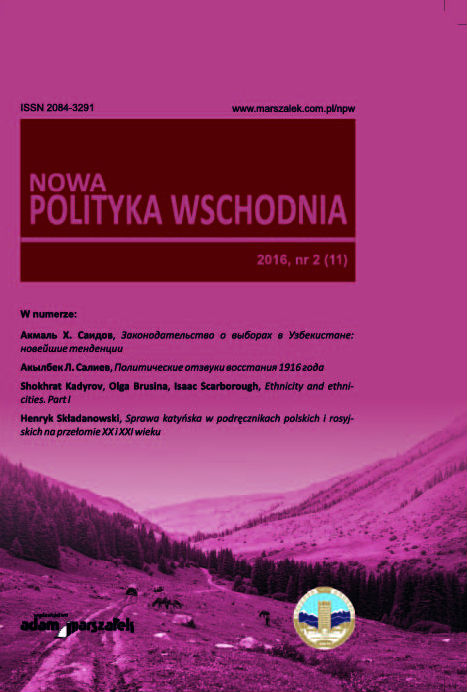
The purpose of this article is to verify the correctness, actuality and purposeful-ness of the ‘Novorossia’ concept in relation to Ukraine. The author presents eth-nical, historical and electoral processes in Ukraine in the context of development of the idea and concept of Novorossia, he rebuts the concept of Novorossia as both ethnically and electorally inadequate to meet political realities in Ukraine
More...
The study is an analysis of the counter-democracy nature and phenomena, Author tries to show whyit’s so present in our reality and what new challenges it makes us face. He claims, the mostimportant question is the one about the democracy falling and counter-democracy rising. Why thecounter-democracy seems to replace traditional model? Why people seems to look for urgently anew form of organization, political activity and control? Are the mechanism of liberal democracyno longer valid, unable to face the challenges of our reality? Or maybe people no longer trust theformal ways? Does the counter-demo
More...
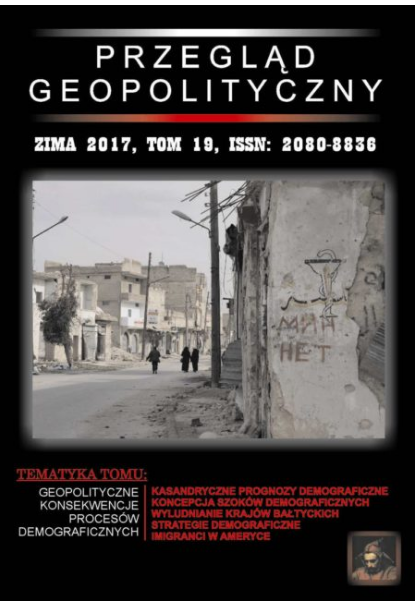
The article presents the evolution of geopolitical thought of human migrations. At the beginning the author presents three new theses concerning the time in geopolitics. He suggests that it is necessary to measure it up with no years but generations. During great wars while the concentration and using force the geopolitical time is speeding up. But then powers are incurred less long-lasting from the ones colonized by generations. „The Politics of the Womb, that is, the strategy of exporting human beings and having them breed in abundance is the simplest way to take possession of a territory”, warned in 2004 the famous Italian author Oriana Fallaci. Next the author reviews dissertations above the migration subject matter in the history of the geopolitical thought from Hegel for contemporary times. Putting together of the concept the determinism, explaining human migrations with natural causes and the concept the possibilism, allowing intentional migration policy is an axis of deliberations. The article was finished with the Kelly Greenhill’s conclusion: „The nature of war itself has changed; now the refugees are the war”.
More...
American society consists nowadays of 15% foreign born and 26% foreign stock populations. It means that more than 1/4 Americans have strong connections with other countries and states due to their origins or the origins of their parents. Proportions of the foreign born and foreign stock categories are going to grow during the next decades. It will strongly influence the demographic, economic and political situation of the Union. Racial and ethnic structure, in which white Americans will constitute minority before 2050 will become important factor influencing American foreign policy. In spite of the fact, that American priorities will remain relations with Anglo-Saxon partners (so called Five-Eyes Partnership), the analysts expect a shift of geographical emphasis in U.S. foreign policy. Due to the more and more influential immigrant groups there will be less interest in Europe and instead greater interest in Latin America and Asia. This process will be aided by trends in the global economy, particularly in the rise of China and India to the status of the world's first and third largest economies, as well as the growing importance of Asia in global trade. This will be followed by a shift in political power toward Asia. Demographic processes and growing importance of Asian and Latin American immigrants will make weaker the traditional ties with Europe which have been created by mass migrations from Europe during previous centuries. However, the multi-ethnic American society is believed to keep its Western cultural identity. The American ethno-racial mosaic seems to be quite different structure in comparison to the multi-cultural European pattern. It is mainly because American immigration is based on the attractiveness of American job market instead of the social aid, which attracts migrants to western European countries. American immigrants, in spite of the strong links with the culture and language of their fatherlands, are becoming American citizens and American patriots, what is not the case in Europe. Shifting demographic trends will make the United States more effective within the international system and allow it to remain innovative, economically wealthy, and militarily stronger.
More...
Contrary to the perception of many European political scientists and media, the political and social liberalisation processes and the dilution of the homogenisation dogma issued by the Kemalist-nationalist government in Turkey did not result from the beginning EU-membership negotiations in 1999 and the initial policy of reform pursued by the AKP in the years after 2000 only. Already in the second half of the twentieth century - despite the consistent implementation of a Kemalist Ethnic nationalism - some ethno-political relaxations could be observed which were divided into several developmental phases. They were related to partial processes of political and social liberalisation and caused by social as well as domestic and international political impulses. At this time, the EU/EC was not as important as it is today. The transformation processes in the 21st century are ultimately results of these gradual and multiphase developmental processes in the 20th century. The purpose of the paper at hand is to analyse and discuss these processes in detail. It is the second of two parts of a bigger study and will focus on occurrences between 1980 and 1999.
More...
The 10th Majlis election was held in the Islamic Republic of Iran on 26 February 2016. The election witnessed a record number of disqualified candidates by the Guardian Council. Notwithstanding this, the pro-government candidates were well-received by the voters. President Hassan Rouhani’s foreign policy and the nuclear deal that had concluded with the international community, held a special place in the political debates during the election. This paper first analyses the importance of the 10th Majlis election in Iran in the light of President Rouhani’s foreign policy. Secondly, it explores the election process. This paper argues that elections in Iran suffer from four types of issues. First characteristic is closely linked with the theocratic nature of the Iranian political system. Second one is connected with the Iranian electoral system. Third one arises from the inefficiency of electoral institutions. Finally, those issues caused by the discriminative approach of the Iranian ruling elites towards certain political parties and ethno religious groups.
More...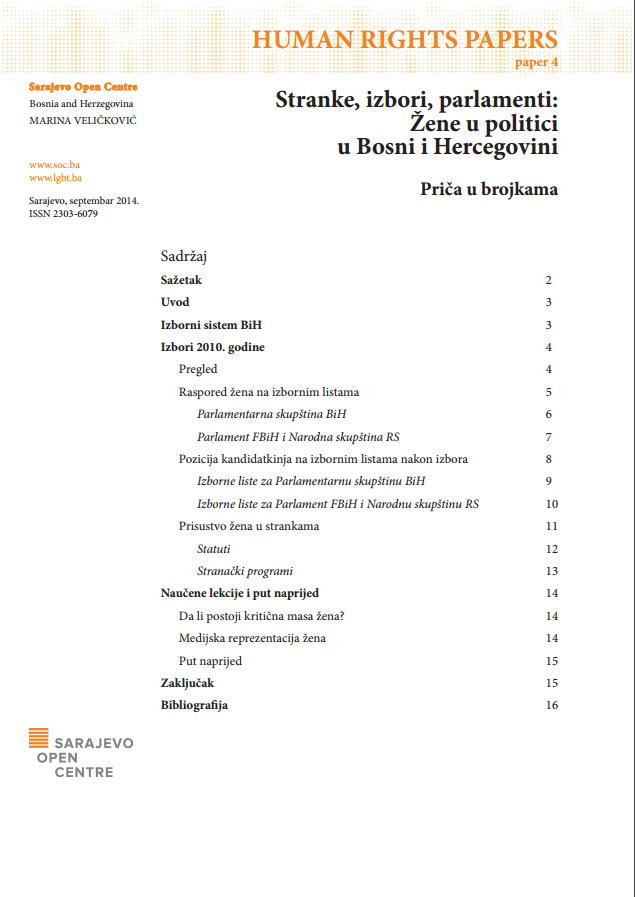
Ovaj izvještaj razmatra učešće žena u politici u Bosni i Hercegovini; studija je o ravnopravnosti spolova na izborima 2010. godine. Ispitivane su tri stvari: • Pozicija žena na izbornim listama, • Promjena u poziciji žena na izbornim listama kao rezultat glasanja, • Prisustvo žena u političkim strankama. Nakon izbora 2010. godine kada su žene činile 39,39% kandidatkinja na izbornim listama, Izbornim zakonom je podignuta kvota za učešće na 40% 2013. godine i sada je u skladu sa BiH Zakonom o ravnopravnosti spolova. Da bi se moglo procijeniti u kojoj mjeri bi ova promjena mogla uticati na izbore 2014. godine, ova studija je istražila izbore iz 2010. godine, kako bi se utvrdilo da li će se, eventualno, ukazati šabloni o učešću žena. Istraživanje obuhvatilo 11 stranki: SDP, SNSD, SDA, SDS, SBB, HDZ BiH, SBiH, HDZ 1990 - HSP, NSRZB, PDP i DNS, bazirano na mjestima koja su osvojili ili u Parlamentarnoj skupštini BiH ili u entitetskim parlamentima. Utvrđeno je da oficijelna brojka po kojoj su 11.95% žena bile nositeljice liste precijenjuje učešće žena, jer je brojka značajno niža među strankama koje su osvojile mjesta. Dalje, tek oko 20.3% žena na izbornim listama za Parlamentarnu skupštinu BiH su bile na višem rednom broju nego što to zakonski propis zahtjeva, a brojka je još niža za entitetske parlamente. Također je pokazano da žene završe na još nižim pozicijama kao rezultat glasanja, pri čemu je SBB bila jedina iznimka. Konačno, analizirani su stranački statuti i programi kao i izvršni organi da bi se ocijenilo prisustvo i učešće žena u strankama i zaključeno je da je, osim par izuzetaka (ponajviše SDP), prisustvo žena je više simbolična no, stvarno. Doneseni su sljedeći zaključci: • Nema korelacije između procenta žena nositeljica listi, procenta žena koje su bile na višem rednom broju nego što to zakonski propis zahtjeva i procenta žena parlamentarki; • Najveći procenat žena navedenih na listi više no što to zakonski propisi nalažu je u Parlamentarnoj skupštini BiH (20.03%), zatim u Parlamentu FBiH (17.2%), a najniži je u Narodnoj skupštini RS (12.16%); • Entitetski parlamenti su imali viši procenat žena nositeljica listi. Pored toga što su od samog početka neravnomjerno raspoređene na izbornim listama, žene su spale na još niže pozicije kao rezultat izbora; • Najmanja razlika u poziciji je bila na listama za Parlamentarnu skupštinu BiH, a najveća za Narodnu skupštinu RS; • SBB je jedina stranka na čijim listama su žene nakon izbora bile bolje plasirane; • Postoji čitav spektar, od partija koje teže potpunoj rodnoj ravnopravnosti u svojim statutima, preko stranaka koje otvaraju svoja vrata ženama selektivno, do stranaka koje uključuju samo određene žene u rad određenih organa i tako im ograničavaju pristup višim rukovodstvenim pozicijama, postoji slična podjela i u programima - od usputnog spomena žena u kontekstu majčinstva, do pozivanja na Zakon o ravnopravnosti spolova; SDP ima najviši procenat žena u svojim izvršnim organima, dok SDA ima najniži; • U zaključku, postoji korelacija između stavova prema ravnopravnosti spolova u stranačkim statutima i programima, ali je nemoguće uspostaviti vezu između procenta žena na rukovodećim pozicijama u strankama i procenta žena predstavnica. Kvote su doprinijele pozitivnim promjenama, ali postoji mogućnost da su dosegle svoj limit. Bez promjene u političkoj kulturi na način da tretira muškarce i žene podjednako, kvote postižu malo više no samo podizanje brojki, bez popravljanja rodne ravnopravnosti u samoj politici.
More...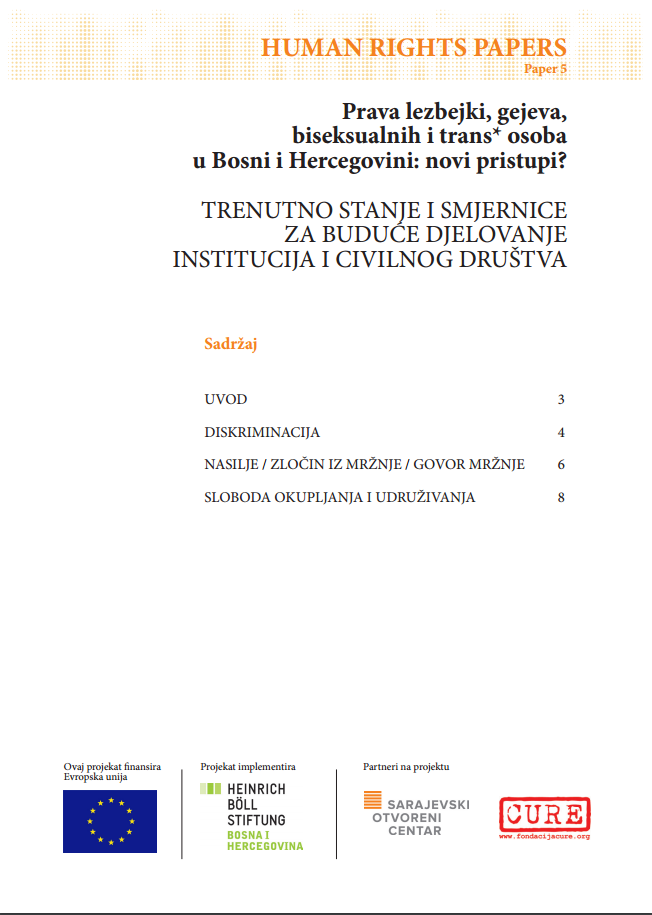
Bosanskohercegovački ured njemačke političke fondacije Heinrich Böll u saradnji sa bh. partnerskim organizacijama Sarajevskim otvorenim centrom i Fondacijom CURE tokom 2013. i 2014. implementirao je projekat Coming out! Zagovaranje i zaštita prava LGBT (lezbejki, gejeva, biseksualnih i trans*) osoba. Radi se o prvom projektu u Bosni i Hercegovini, finansiranom od Evropske unije, koji je u potpunosti posvećen zagovaranju prava lezbejki, gejeva, biseksualnih i trans* osoba. U protekle dvije godine projekat je uključivao različite komponente koje se mogu sumirati u nekoliko ključnih oblasti: istraživanje, obrazovanje, informiranje i podizanje svijesti te zagovaranje. Projekat se bavio političkim strankama, zdravstvom, policijom, pravosuđem, obrazovanjem, medijima, organizacijama civilnog društva kao i samim LGBT osobama.
More...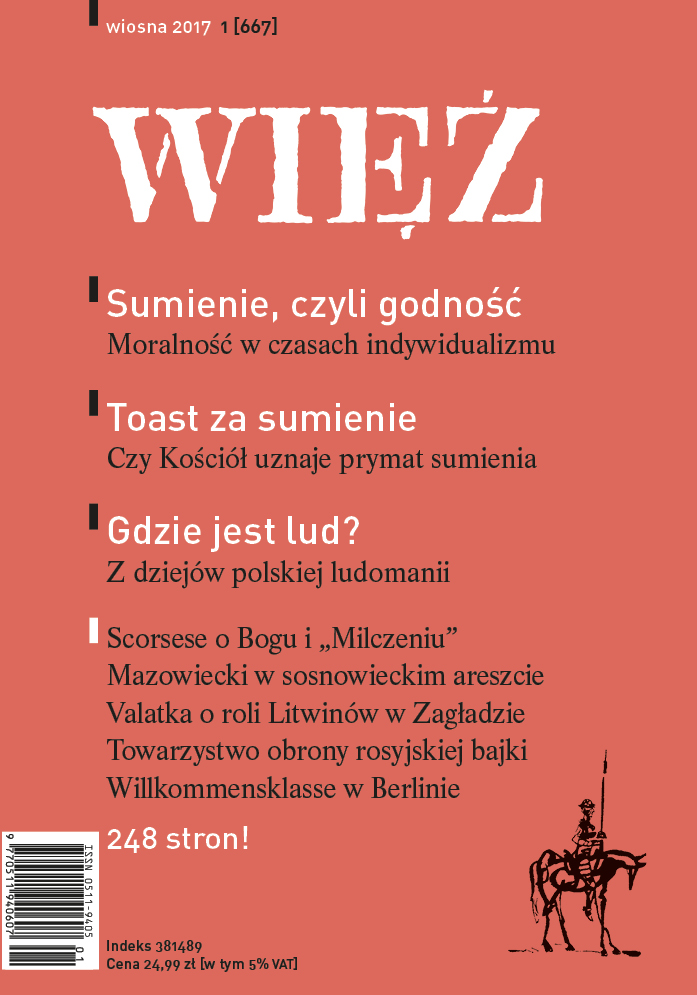
Polacy bardzo różnią się w ocenie procesów zachodzących w naszym kraju od czasu przejęcia władzy przez Prawo i Sprawiedliwość. Zwolennicy obecnej władzy widzą w polityce społecznej rządu, a zwłaszcza programie 500+, próbę wsparcia tej części społeczeństwa, która nie korzystała albo korzystała w niewielkim stopniu z przemian społeczno‑ekonomicznych po przełomie roku 1989. Ze zrozumieniem przyjmują działania prowadzące do koncentracji coraz większej władzy w jednym ośrodku politycznym.
More...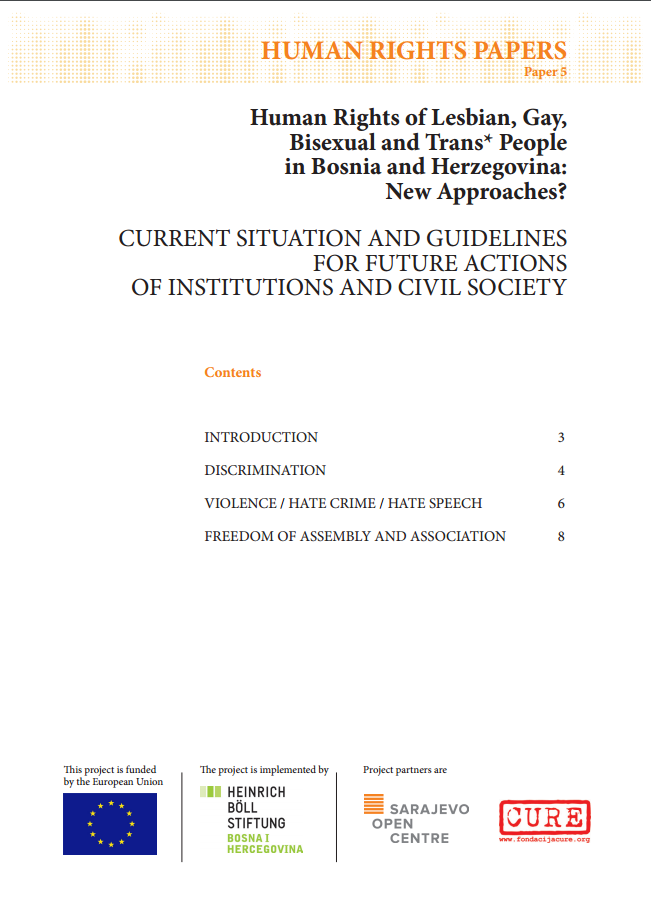
Heinrich Böll Foundation Office for Bosnia and Herzegovina, in cooperation with BiH partner organisations Sarajevo Open Centre and CURE Foundation, has been implementing Coming out! Advocating Promotion and Protection of LGBT Rights project during 2013 and 2014. This is the first project in Bosnia and Herzegovina, financed by the European Union, which is fully devoted to advocating the rights of lesbian, gay, bisexual and transgender persons. Over the last two years, the project worked through different components that can be categorised as the following key areas: research, education, informing and raising awareness, and advocacy. The project worked with political parties, health sector, police, judiciary, education, media, civil society organisations, as well as LGBT persons.
More...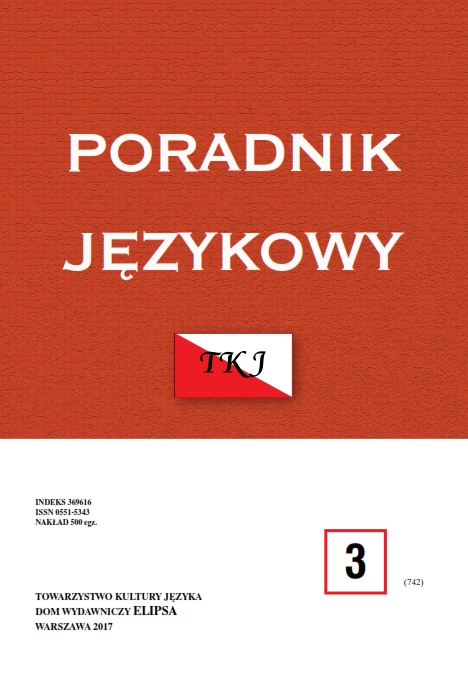
Dyskurs polityczny jest jednym z gatunków dyskursu społecznego i współcześnie obejmuje – jak się wydaje – najszerszy zakres komunikacji publicznej. Wynika to z zasadniczych zmian ustrojowych po 1989 r. oraz – historycznie odziedziczonej przez polskie społeczeństwo – skłonności do politykowania. Wyraźnie zaznaczają się dziś trzy cechy dyskursu politycznego: a) częstokroć jego uczestnicy należą do opiniotwórczych grup społeczeństwa; b) jest on najmniej specjalistyczny i tym samym najszerzej wykracza poza krąg specjalistów, tj. Zawodowych polityków; c) jest najbardziej zróżnicowany sytuacyjnie (gdzie), podmiotowo (kto) i przedmiotowo (o czym).
More...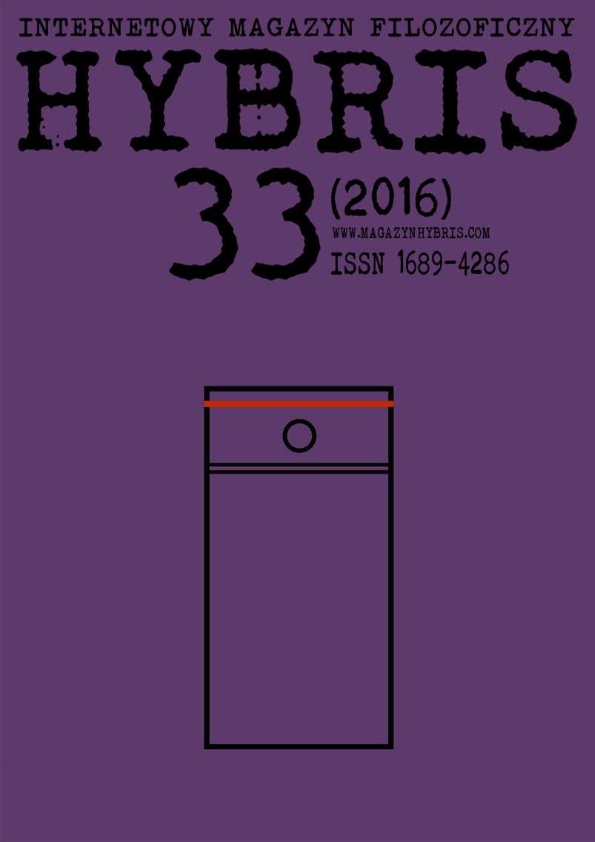
While many people all over the world become conscious about serious defects and inefficiencies of the prevailing political systems based on representative democracy, alternative solutions for more just and inclusive systems of governance continue developing. Alternative forms of democracy based on the idea of civic participation and deliberation have more and more followers, who are willing to implement innovative participatory and collective decision making practices in various areas and at various organizational levels. However, the strife for greater self-governance, reinforcement of citizens role in political decision-making processes and establishment of bottom-up control over public expenditures is often considered as a merely utopian project, especially by those who benefit most from the current status quo. In this article, I examine the fundamental ideological challenges for the new egalitarian approaches and argue that instead of making dichotomous distinction between utopianism and realism, realistically utopian approach is the most desirable.
More...
Chang, P., 2015. Protest Dialectics: State Repression and South Korea’s Democracy Movement, 1970-1979. Stanford University Press.
More...